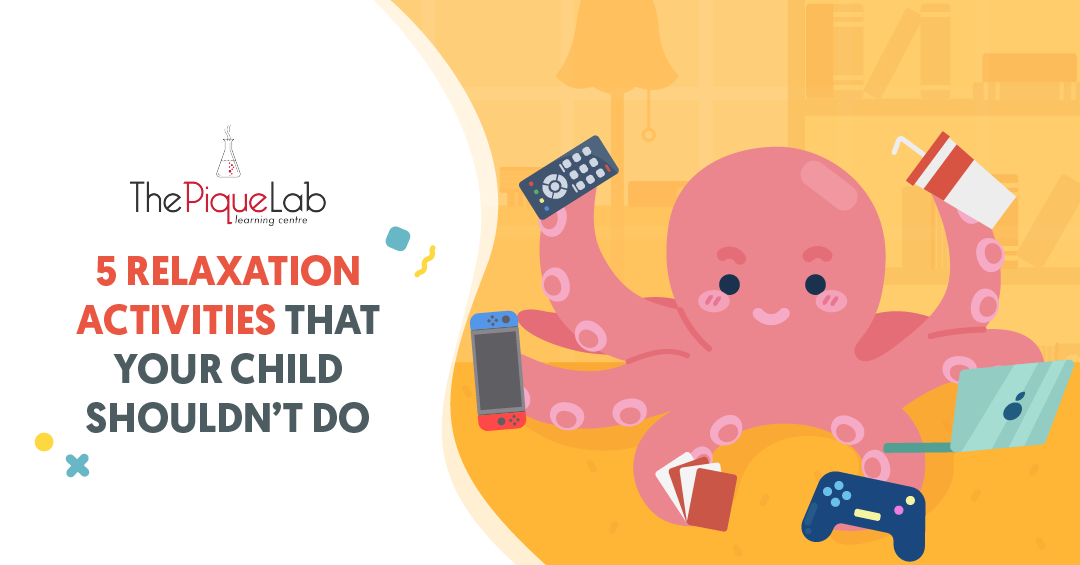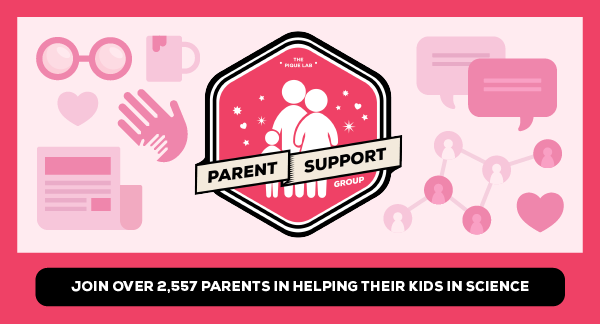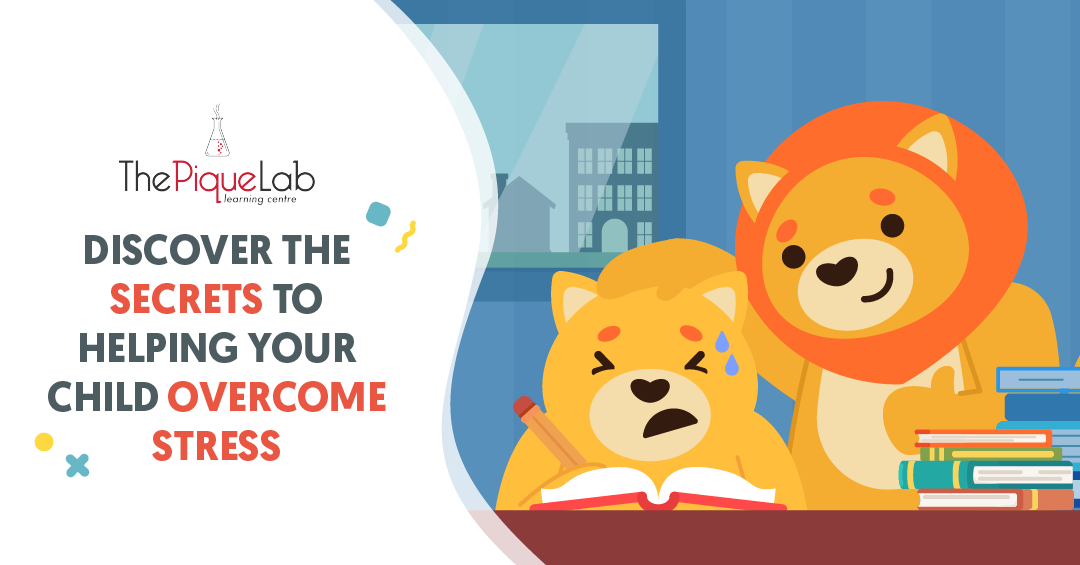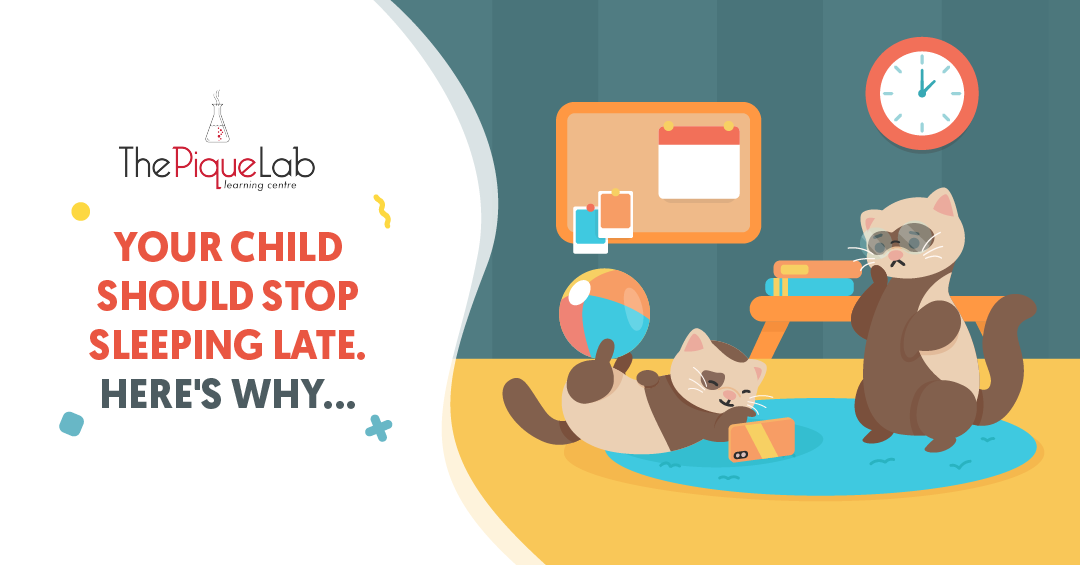Dear Parents,
Have your children been neglecting their studies because they have been spending too much time on leisure activities?
It is normal for children to take some time off from their studies to relax and de-stress. Engaging in appropriate relaxation activities in moderation and only as short breaks between studying or after they have completed their assignments will be beneficial to your children’s overall development.
Read Also
However, certain relaxation activities can lead to addiction or may have some potentially harmful effects. Therefore, you may want to advise your children to manage time carefully and not spend too much time on these activities!
Here are five relaxation activities that you might want your children to avoid.
#1: Playing video games excessively
Given that playing video games is a very common way for children to de-stress and have fun, it might be difficult to stop them from playing video games completely. However, when your children spend too much time on video games due to addiction or when the endless “quests” or “achievements” available make them lose track of time, they may lose focus on their studies. This will inevitably lead to a decline in grades.
This is backed up by a study by researchers in Denison University in the US: boys in the study who spent most of their free time playing video games had lower math and reading test scores than their peers who spent their free time doing other leisure activities like taking walks, reading and meeting up with friends. The study also concluded that video game addiction led to higher rates of obesity and increased aggression.
Therefore, it might be wise to restrict or strongly recommend that your children do not spend too much time on video games. 1 to 2 hours a day during break time would be fine, but if they are doing mistake to wasting time on video games, it might be time to step in!
#2: Watching too much TV
Sedentary behaviour has already been linked to problems such as obesity and increased blood pressure in children.
Watching TV, however, has shown to be especially harmful, according to a collaborative study by researchers in the US and Spain. The study showed that excessive time spent on the TV led to significant blood-pressure spikes regardless of whether the children were overweight. These problems were compounded by food commercials that aired often on TV, which led to increased junk food consumption and consequently, more health problems.
Therefore, if your children watch too much TV, or develop an addiction for it, they will not only be distracted from their studies, but also possibly develop health problems! It would be wise to limit the amount of time your children spend on the TV.
#3: Consuming too much junk food
As previously mentioned, junk food consumption will definitely have a negative impact on your children’s health. Due to the high levels of stress that your children might feel, especially when examinations approach, they might resort to eating their “comfort foods”, most of which taste good but are considered “junk food” and are unhealthy. These include potato chips, sweets and other sinful deep-fried, oily or high-calorie treats.
These foods give a quick “feel-good” sensation which may help to relieve stress, but excess consumption should definitely be avoided as the health problems that junk foods pose greatly outweigh that “feel-good” factor. Furthermore, junk foods have been linked to lower levels of energy and focus, which will further reduce your children’s productivity when studying!
Therefore, it would be wise to stop your children from eating junk food as a relaxation activity; you might want to steer them towards healthier brain enhancement foods!
#4: Excessive Internet usage
If watching TV poses the greatest health risks as a leisure activity, then excessive Internet usage may pose the greatest threat to your children’s studies and grades!
Due to the sheer amount of information and activities available online, your children can easily get carried away with spending time online. Although it might seem that they could be spending some time online to look for information regarding their schoolwork, this is rarely the case. They usually watch videos on YouTube, visit social sites such as Facebook, Instagram and Twitter, or simply browse through the endless catalogue of websites available online.
Although Internet usage is not necessarily harmful, it usually turns out to be very time-consuming! Studies revealed that an estimated 45 percent of children spend more than 3 hours on the Internet every day. While some time spent on the Internet is fine for relaxation, too much will definitely take away your children’s focus on studies. You may want to ensure that your children avoid using the Internet excessively!
#5: Collecting too many toys
Children, especially in primary school, tend to enjoy collecting toys and various other merchandise. These can help to stimulate creativity and give your children some relaxation time from their studies. However, when children get hooked on a particular type of toy and become obsessed, it may be time to cut down on the habit! For example, children might spend too much of their time and pocket money purchasing and playing with trading card games, and this often results in them neglecting their studies.
When children collect too many toys or spend too much time on collecting toys, they get overwhelmed, over-stimulated and cannot focus on one thing at once. Therefore, they not only sacrifice much studying time, but their ability to do their schoolwork may also suffer too!
Lastly…
Relaxation activities are definitely a must for children to have a healthy work-life balance, and to help their physical and mental development. However, some relaxation activities have less value and more risks than others. It would be advisable to monitor your children’s choice of relaxation activities and to suggest other more beneficial ones to them if possible!








